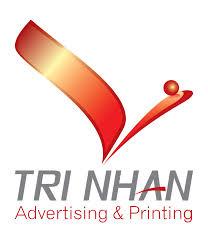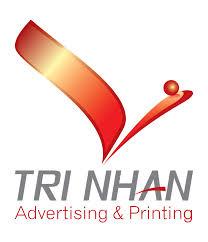The demand for energy-efficient building solutions is accelerating the adoption of advanced insulation materials. Understanding the HVAC Insulation Market Growth provides insights into trends, technological advancements, and market expansion strategies. As Per Market Research Future, the HVAC insulation market is witnessing significant growth due to rising energy conservation initiatives, increasing construction activities, and stringent regulations for thermal efficiency in residential, commercial, and industrial buildings.
HVAC insulation refers to materials and systems used to reduce heat transfer, minimize energy loss, and maintain consistent indoor temperature. Effective insulation improves HVAC system efficiency, reduces energy costs, and enhances occupant comfort while lowering carbon emissions.
Drivers of Market Growth
One of the main drivers of HVAC insulation market growth is the increasing focus on energy efficiency in buildings to meet sustainability and carbon reduction targets.
Government regulations and building codes mandating thermal insulation in new and retrofitted constructions encourage market adoption.
Rising construction activities in residential, commercial, and industrial sectors, coupled with growing awareness about energy conservation, further fuel demand.
Technological Advancements
Recent innovations in HVAC insulation include:
-
Advanced foam and fiberglass insulation for improved thermal resistance and durability
-
Reflective and radiant barriers to reduce heat gain in buildings
-
Eco-friendly and sustainable materials like recycled fibers and aerogels
-
Pre-insulated duct systems for faster installation and better performance
These advancements enhance energy efficiency, lower HVAC operating costs, and reduce environmental impact.
Applications Across Sectors
HVAC insulation is used in a variety of sectors:
-
Residential buildings for walls, roofs, and duct insulation to maintain comfort and reduce energy bills
-
Commercial buildings for offices, shopping malls, and hospitals to enhance HVAC performance and reduce operational costs
-
Industrial facilities for process and thermal insulation in factories and manufacturing plants
-
Cold storage and refrigeration systems to prevent energy loss and maintain temperature consistency
-
Renewable energy facilities for energy-efficient building integration
Proper HVAC insulation contributes to sustainability by reducing energy consumption and greenhouse gas emissions.
Environmental and Regulatory Influence
HVAC insulation reduces carbon footprint by minimizing energy consumption in heating and cooling systems.
Compliance with energy efficiency standards such as ASHRAE, IECC, and local building codes drives adoption and ensures operational savings and environmental benefits.
Regional Growth Opportunities
The HVAC insulation market is growing globally, with significant expansion in:
-
North America, driven by energy efficiency regulations and building retrofitting projects
-
Europe, focusing on sustainable construction practices and green building certifications
-
Asia-Pacific, fueled by rapid urbanization, industrialization, and rising construction activities
Emerging markets in Latin America, Africa, and the Middle East are witnessing growth due to increasing energy demand and infrastructure development.
Future Outlook
The HVAC insulation market is expected to grow steadily as the construction industry focuses on energy efficiency, sustainability, and regulatory compliance. Future trends include the development of smart insulation materials, IoT-integrated HVAC systems, and eco-friendly insulation solutions.
HVAC insulation will continue to play a vital role in energy conservation, cost reduction, and enhancing comfort and sustainability in modern buildings worldwide.
Frequently Asked Questions
Q. What is HVAC insulation?
HVAC insulation involves materials and systems designed to reduce heat transfer and improve energy efficiency in heating, ventilation, and air conditioning systems.
Q. Where is HVAC insulation used?
It is used in residential, commercial, and industrial buildings, as well as in cold storage, refrigeration, and renewable energy facilities.
Q. Why is the HVAC insulation market growing?
Market growth is driven by energy efficiency initiatives, building regulations, rising construction activities, and sustainability awareness.
More Related Reports:


